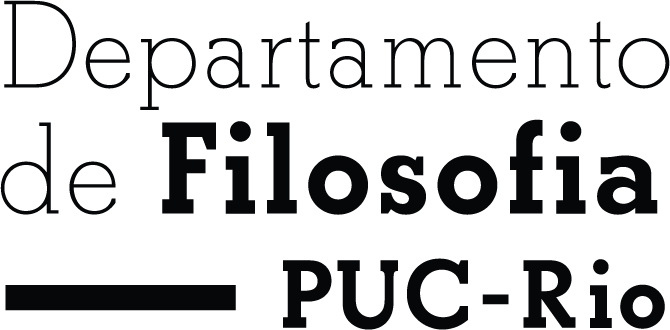Esta sexta-feira dia 06/06 às 15h, no PPGLM, no LEME, temos:
The Concept of Contemplation: Philosophy and Literature in Margaret Cavendish’s Writings
Milena Louise Liers (PPGLM-UFRJ)
Abstract: Throughout her writings on philosophy and literature, Margaret Cavendish introduced and discussed a faculty called contemplation. In my paper, I intend to compare the concept of contemplation as discussed by Cavendish in some of her philosophical works, viz: Philosophical Fancies (1653), Philosophical and Physical Opinions (1663), Observations on Experimental Philosophy (1666), and Grounds of Natural Philosophy (1668). And in her collection of writings called Playes (1662), more specifically in the story entitled The Lady Contemplation contained therein. In this way, I will analyse these works in an attempt to show that, in both her philosophical writings and her literary works, Cavendish retains the same meaning of the concept of contemplation that she first introduced to her readers with the publication of Philosophical Fancies. Namely, that contemplation is an active material faculty inherent in the structure of the human mind, which is also material.
Although few philosophers address the issue of contemplation in Cavendish’s philosophy, it is noted by some, for example Douglas Grant (1957) argues that ‘Margaret was free to indulge in her daydreams – or, as she preferred to call them, her ‘contemplation’. They were the daydreams of any romantic girl, nurtured on poetry’. For Grant, Cavendish’s contemplations were mere wanderings of the imagination, purposeless to the end (GRANT, 1957, p. 42). Contrary to Grant, E. Spencer (2021) sees the Contemplations as having a purpose, as a capacity for authorial inquiry developed by Cavendish in the course of her self-education (SPENCER, 2021, p. 219).
However, in opposition to the authors, I will argue that contemplative capacity plays an even greater role in both Cavendish’s philosophy and literature. Not only that, but it plays a role in her philosophy that is extremely similar to and influential in her literary writings. My objective, then, after this analysis, is to conclude, on the basis of Philosophical Fancies up to The Lady Contemplation, that contemplation is a mental capacity, which, when activated, leads the individual to witness a mental process that is thought in confrontation with imagination. In this confrontation activated by the ability to contemplate, the objects of the imagination become objects of thought and become concepts.
References:
CAVENDISH, Margaret. Grounds of natural philosophy. Edição de Colette V. Michael. West Cornwall, CT: Locust Hill Press, 1996.
CAVENDISH, Margaret. Observations upon experimental philosophy. Edição de Eileen O’Neill. Cambridge: Cambridge University Press, 2001.
CAVENDISH, Margaret. Philosophical and physical opinions. London: William Wilson, 1655.
CAVENDISH, Margaret. Philosophicall fancies. London: Tho. Roycroft for J. Martin and J. Allestrye, 1653.
CAVENDISH, Margaret. Playes. London: A. Warren for John Martyn, James Allestry, and Tho. Dicas, 1662.
GRANT, Douglas. Margaret the First: A Biography of Margaret Cavendish, Duchess of Newcastle, 1623–1673. Londres: Rupert Hart-Davis, 1957.
BATTIGELLI, Anna. Margaret Cavendish and the Exiles of the Mind. Lexington: The University Press of Kentucky, 1998.
SARASOHN, Lisa T. The Natural Philosophy of Margaret Cavendish: Reason and Fancy during the Scientific Revolution. Baltimore: Johns Hopkins University Press, 2010.
SPENCER, E. A Duchess “given to contemplation”: The education of Margaret Cavendish. History of Education Quarterly, v. 61, n. 2, p. 213-239, 2021.





